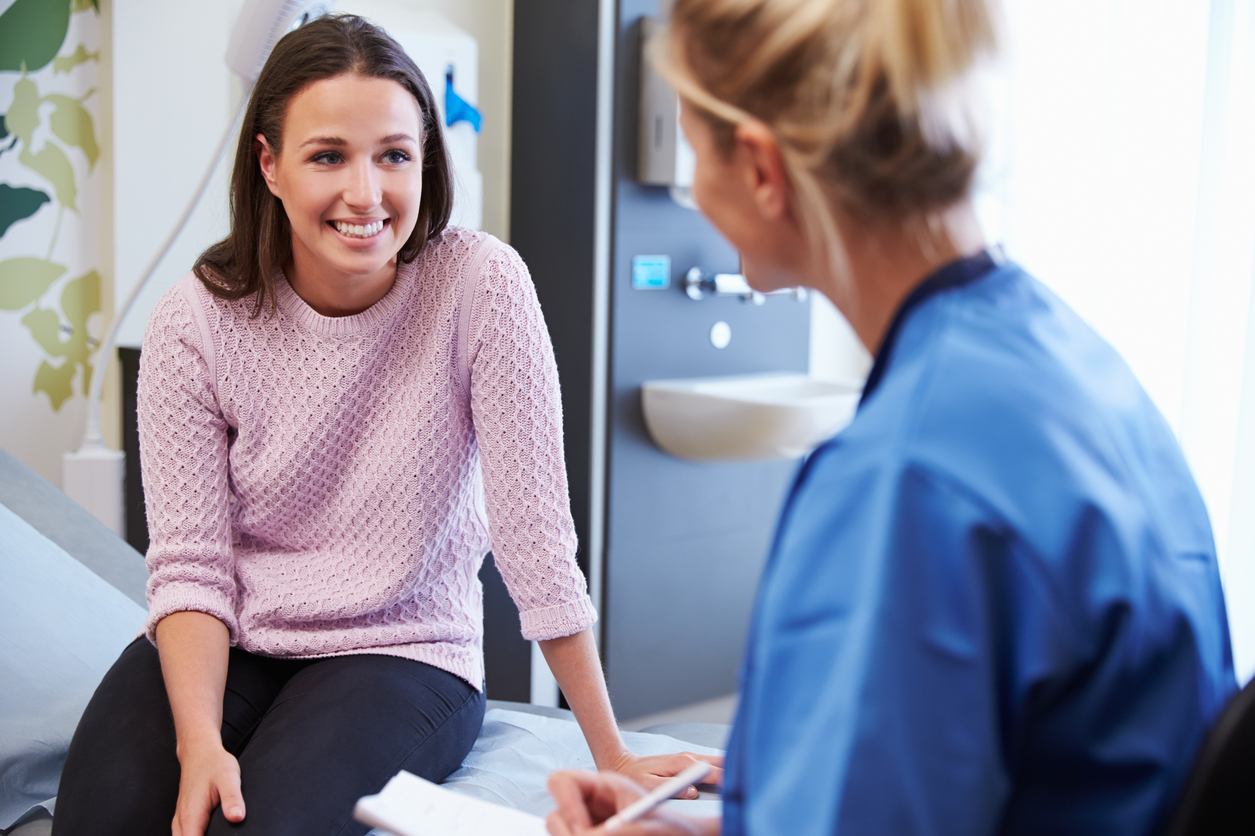How Do Egg Donor Medications Work?
Becoming an egg donor is a complex but rewarding experience, and it’s totally natural to have some questions about what to expect. While your concerns and questions will be thoroughly addressed by the doctors you work with throughout the egg donation process, it’s always helpful to know what to expect ahead of time. For example, many people don’t realize that they will have to take medications during different stages of the egg donation process.
Medications play a crucial role in egg donation. Each medication is designed to trigger specific phases of the process.
Cycle Synchronization
After eggs are collected from an egg donor, they are fertilized in the lab using sperm provided by the intended parent(s). Once an embryo develops, which takes several days, it’s transferred into the recipient’s uterus. All of this requires precise timing to make sure the recipient’s uterus is in the ideal condition for embryo implantation. To accomplish this, an egg donor’s menstrual and ovulation cycles must be synchronized with the recipient’s cycle. This requires the egg donor to take prescribed birth control pills that will regulate her hormones and adjust her cycle.
About two to three weeks after starting birth control, egg donors are prescribed Lupron, which is a type of hormone medication known as a gonadotropin-releasing hormone (GnRH) antagonist. Lupron suppresses the hormone responsible for egg release during ovulation.
Ovulation Induction
An average person’s ovaries contain between one and two million eggs at birth. Each month during menstruation, the brain releases a hormone to stimulate the ovaries into producing a single mature egg. Over the course of a woman’s lifetime, only 300-400 eggs will actually be ovulated.
During egg donation, donors are prescribed a medication known as follicle-stimulating hormone (FSH) to stimulate multiple eggs instead of just one, a process known as ovulation induction. FSH is self-administered via injection for approximately 10 days. During this time, egg donors are monitored daily by a fertility specialist using ultrasound and blood testing to determine egg follicle development.
Although FSH is considered to be a safe medication, it can lead to ovarian hyper-stimulation syndrome (OHSS), which is a condition that sometimes occurs in response to an increase in hormone levels, resulting in ovarian swelling and pain. Most of the time, OHSS is not serious and resolves on its own. However, in some severe cases, it may require hospitalization. During and after this stage, egg donors should report any symptoms they are experiencing, even minor ones.
Egg Retrieval
Once enough egg follicles have developed, the doctor will schedule the egg retrieval procedure and give the egg donor an injection of human chorionic gonadotropin (hCG), which triggers ovulation. The egg retrieval procedure will occur 36 hours later.
If you are interested in learning more about the egg donation process, contact Fertility Source Companies today and we will be happy to walk you through every step of the process.


